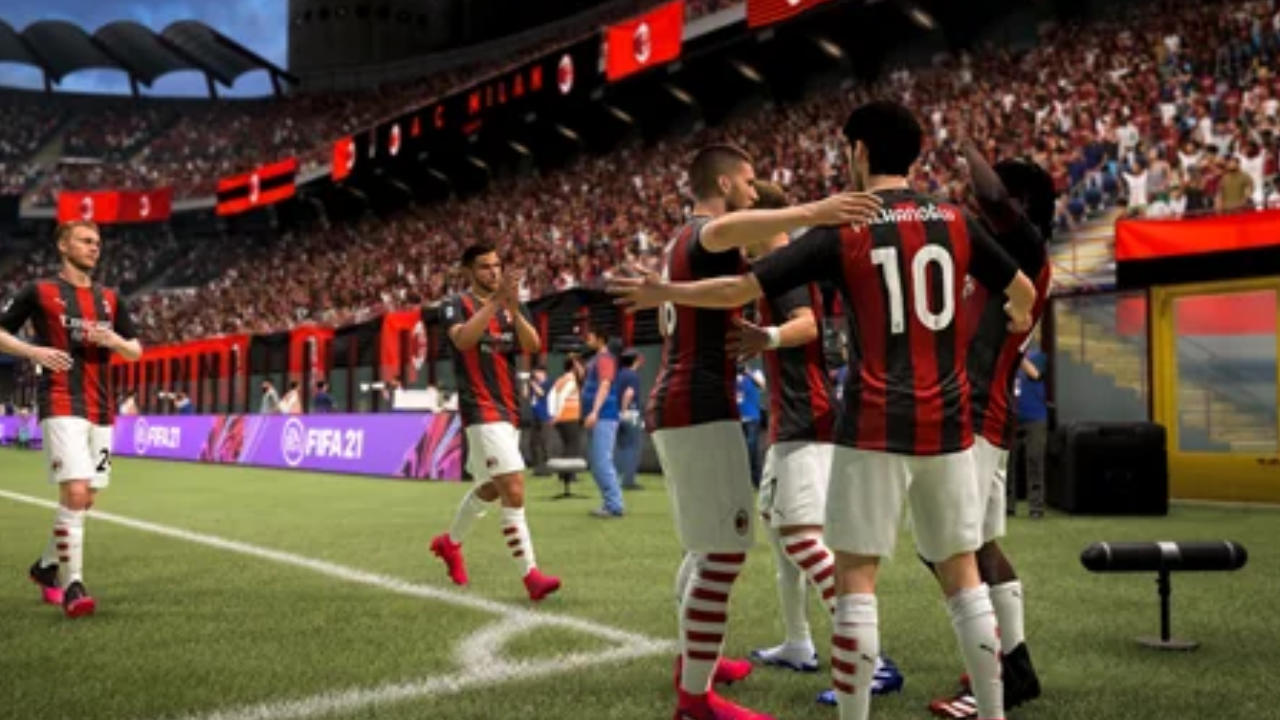Since in-game currency has long been a mainstay in the gaming industry, the idea behind Free FC coins originated there. However, the use of FC coins has grown outside of games with the emergence of online communities and content production tools. User interaction on fan-based platforms, such as commenting, sharing, and content creation, is frequently rewarded with FC currency.
As a major component of online communities and gaming platforms, Free FC coins offer an intriguing point of confluence between virtual and real-world economies. Comprehending the workings of free fc coins is crucial for producers, platform operators, and consumers alike, as the popularity of digital currencies only grows.
Free FC Coins Influence the Gaming Sector
Free FC coins have a significant and wide-ranging effect on both the user base and the game industry. Allow\'s a closer look at these outcomes:
Enhanced Player Engagement:
As an in-game currency, Free FC Coins are frequently given to players as a thank-you for their time and commitment to a particular game. These coins provide players with a sense of achievement and keep them motivated, regardless of how they are obtained through achievements, daily logins, or other in-game activities. Players may discover new facets of a game as a result of their relentless search for Free FC Coins, which increases player retention.
Microtransactions and Monetization:
Although the phrase \"free-to-play\" suggests that game access is initially free, microtransactions are now the main source of income for the gaming business. Free FC Coins, which are frequently redeemed for actual money, play a crucial role in this strategy. By allowing users to purchase in-game goods, cosmetics, and other upgrades with these coins, producers can maintain a steady flow of income. Without charging players for the base game, game developers can maintain and update their creations thanks to this revenue technique.
Social Cohesion and Community Development:
In gaming communities, Free FC Coins can also help to promote social cohesion. Numerous free-to-play games incentivize users to cooperate or engage in competitive play by rewarding cooperative play with Free FC Coins. This helps to build devoted player communities in addition to enhancing the social component of gaming.
Incentives for Skill Development:
To obtain additional Free FC Coins, players are frequently required to enhance their abilities or dedicate time to fully grasp particular game mechanics. As a result, a positive feedback loop is created, encouraging players to advance and get more involved in the game. When players witness their efforts yield in-game benefits, they are more inclined to remain involved and pursue continuous self-improvement.
Difficulties in Juggling Gameplay and Monetization:
Although Free FC Coins might improve player experience, developers have a fine line to walk to prevent pay-to-win situations. Maintaining the player base\'s satisfaction and averting unfavorable opinions about the game\'s fairness requires finding the ideal mix between giving significant rewards for deft gameplay and offering alluring products for purchase with FCCash.
Effect on Game Invent:
By motivating creators to invent dynamic and captivating methods for earning and utilizing in-game cash, the release of Free FC Coins has had an impact on game design. Games now offer a range of accomplishments, events, and challenges to keep players engaged and give them chances to win Free FC Coins.
Industry-Wide Trends and Adaptation:
Other game developers have adopted similar concepts as a result of the success of Free FC Coins and other in-game currencies. With the gaming industry witnessing the financial success of free-to-play games, more established publishers and developers of video games are shifting to this model or adding free-to-play components to their titles.
Last Lines
By encouraging player involvement, rewarding skill growth, and promoting creative monetization techniques, Free FC Coins have completely transformed the gaming business. The influence of Free FC Coins bears witness to the changing relationships between creators and players in the ever-expanding world of free-to-play games, as virtual currencies continue to influence game design and player experiences.


